Congratulations to our 2023/24 faculty fellows!
Faculty Fellowship
Helping Make General Education, Liberal Education
This year, we are inviting ten exceptional individuals to take on an exciting challenge: transforming a general education course at your community college into a vibrant, discussion-based exploration of transformative texts and ideas.
Inaugural Great Questions Foundation Faculty Fellows
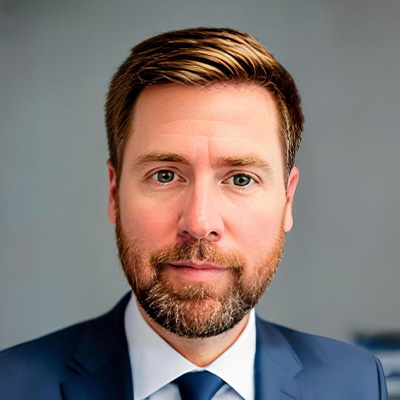
Joshua Ackerman
The Community College of Baltimore County | Maryland | History
Joshua Ackerman has guided students on explorations of the past at the Community College of Baltimore County since 2011. With enthusiastic care, he leads students in examining the enduring lessons from seminal texts, just as he experienced as a graduate student at St. John's College in Annapolis. Ackerman has co-led multiple innovative CCBC Honors College seminars exploring the pressing matter of justice throughout history. He is working on an Honors College seminar for the summer of 2024 to explore Frederick Douglass's life and enduring belief that the exposition of truth brings about justice. When not teaching, he is an avid gardener and cook, especially BBQ, where he once competed nationally in BBQ cooking contests. It is all too likely you can find him and his wife Tori, somewhere on the Eastern Shore of Maryland, always near water.
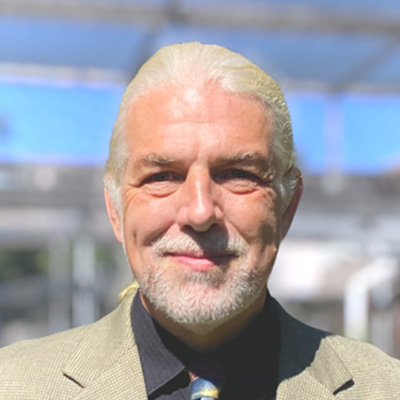
James Bennett
Huntington Junior College | West Virginia | Art & Art History
James brings 25 years of experience in higher education to HJC. He has a passion for enhancing student and faculty experiences through innovative and effective learning solutions. He has a proven track record in program development, curriculum design, and creating transformative learning environments. He has served in many leadership roles such as Dean of Online Education, Director of Immersive Technology, and Director of Instructional Design.
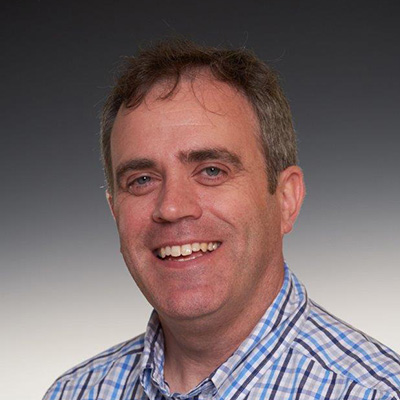
Patrick Kenny
Onondaga Community College | New York | Philosophy
Patrick Kenny, Ph.D., is a Professor of Philosophy at Onondaga Community College in Syracuse, NY, where he has taught for over fifteen years. He is a graduate of the University of Galway in Ireland (B.A. Philosophy and English; M.A. Ethical and Cultural Studies) and the University of Rochester (Ph.D. Philosophy). He has taught a wide variety of philosophy courses at Onondaga and has written an accessible textbook for introductory Logic that is specifically aimed at community college students (Does it Follow? A First Course in Logic. Kendall Hunt, 2019). Recently, he was co-PI for the implementation of a Teagle/NEH Cornerstone grant, and has been heavily involved in the development and teaching of a content-rich first-year seminar course that encourages students to learn more about the liberal arts, and themselves, through an emphasis on enduring questions and enduring texts.
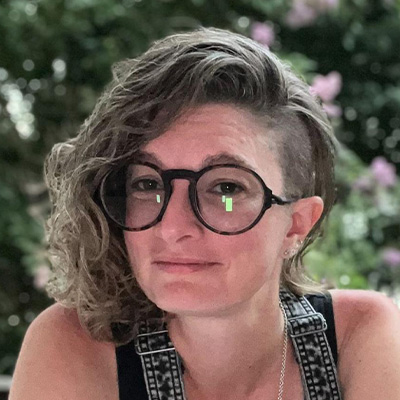
Candice Jean (Hill) Mayhill
Anne Arundel Community College | Maryland | English, Liberal Arts
Candice Jean (Hill) Mayhill is Professor of English at Anne Arundel Community College and regularly teaches composition courses and our Ethnic American Literature Course. While currently on sabbatical designing humanities-based programming for the college, Candice was the Academic Writing and Research Coordinator; she has been honored with the Jill Loukides Award for Faculty Mentoring, the Teaching Excellence Award, the Outstanding Achievement Award, and a League of Innovations Award for Excellence in Teaching. When not teaching and mentoring, Candice writes essays and poetry and is an aspiring harmonica player much to the dismay of her dogs. Her most recent publication, “Time on Water,” appears in Deep Beauty: Experiencing Wonder When the World Is On Fire. Candice’s PhD work focused on Emily Dickinson; her current research focuses on cultural thanatology, canon creation, redefining genre borders, and marginalized voices and genres in literature.
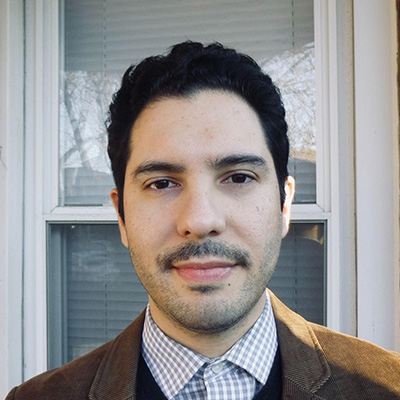
Jose Luis Moctezuma
Wilbur Wright College - City Colleges of Chicago | Illinois | English
Jose Luis Moctezuma is an Assistant Professor of English at Wilbur Wright College, part of the City Colleges of Chicago. He received his PhD from the University of Chicago and has taught at Wright College since 2018. He also served as the Program Coordinator for the Latin American and Latinx Studies Program at Wright College, and he'll step into the role of Great Books Program Coordinator starting in 2024. He regularly teaches courses in Latin American and Latinx literature, poetry and poetics, and film and media studies.
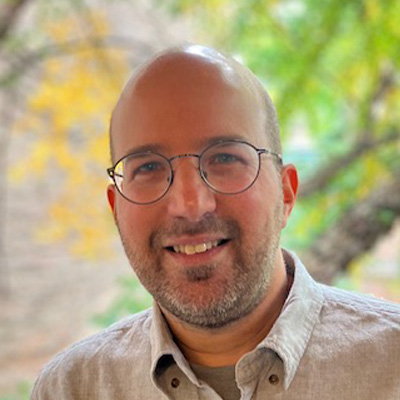
Benli Shechter
Richard J. Daley College - City Colleges of Chicago | Illinois | Social and Political Science
Benli Shechter is a Full Professor of Social and Political Science at Richard J. Daley College—One of the City Colleges of Chicago. He received his B.A. from Florida State University in Philosophy, his M.A. from the University of Chicago in Social Science, and his Ph.D. in Government and Politics (with an emphasis in Social and Political Thought) from the University of Maryland. In addition to teaching courses in sociology, social and political science, and philosophy, he currently serves as Assessment Coordinator for his department and as Curriculum Facilitator for the college. He is Past-Director of the Honors Program at Daley College and has published in The Good Society, Interpretation: A Journal of Political Philosophy, PS: Political Science and Politics, and Society.
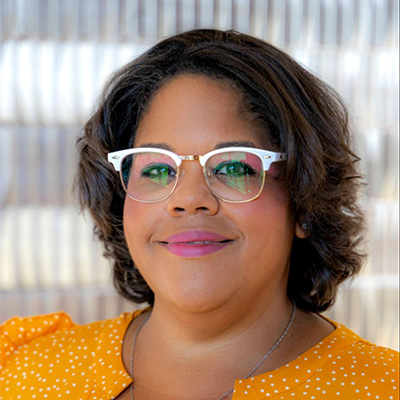
Emily Stacey
Rose State College | Oklahoma | Political Science
Dr. Emily Stacey is an award-winning Professor of and Program Coordinator for Political Science at Rose State College in Oklahoma City. She has the privilege of coordinating and hosting various events on campus each academic year, including the Great Debate panel, a colloquia for in-depth conversations on literature or a particular topic, as well as establishing the Rose State College Advocacy Day in 2023. Her areas of expertise are Comparative Politics, International Relations, Social Movement Theory, and Digital Media Studies.
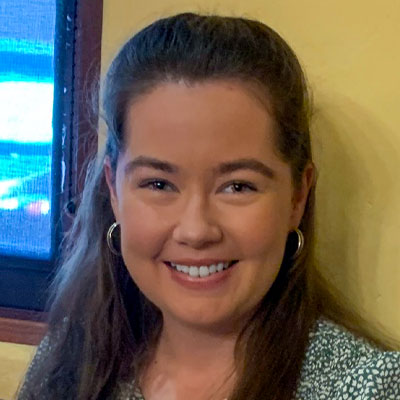
Mary Stoecklein
Pima Community College | American Indian Studies | Arizona
Mary earned her PhD in American Indian Studies (AIS) from the University of Arizona, where she specialized in Native American literature, specifically mystery/detective fiction. Mary wrote her dissertation on the topic and published the work as a book entitled Native American Mystery Writing: Indigenous Investigations in 2019. Mary is an adjunct faculty member at Pima Community College in Tucson, Arizona where she teaches AIS courses.
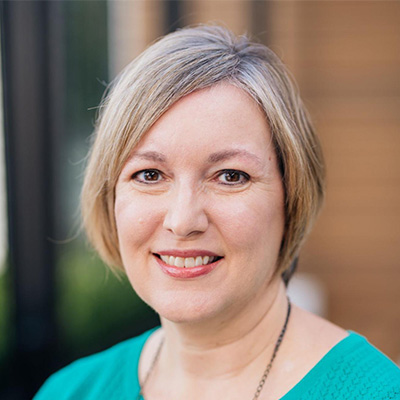
Natasha Whitton
Baton Rouge Community College | Louisiana | History
Natasha Whitton is an associate professor in the department of English and Humanities at Baton Rouge Community College where she teaches courses in world history and humanities. She recently completed an NEH institute at the University of Nebraska, Lincoln on Place and Archive in the work of Willa Cather and is working on an OER textbook for Western Civilization. She serves as the Vice President of Administration for the Louisiana Academic Advising Association.
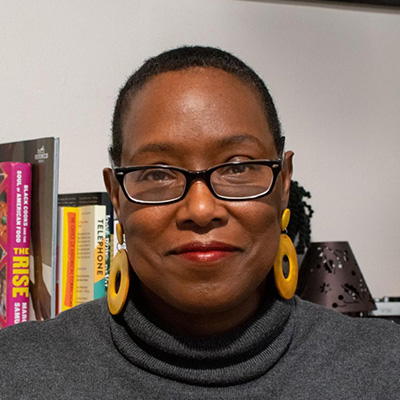
Gayle Williamson
Cuyahoga Community College | Ohio | English
Gayle Williamson is an Associate Professor of English at Cuyahoga Community where she teaches College Composition, African American Literature, and Creative Writing. She holds an M.F.A. in Creative Writing from Bowling Green State University. She is the editor of two memoirs and the author of one photo book called Homemade Soul which tells the stories of people and their favorite comfort foods. She is an adamant advocate of literacy for all, and believes in the transformative power of stories. When she is not teaching and sharing her love of reading and writing, she is telling stories through photography. Gayle is a happy empty-nester, living in Cleveland, Ohio with her husband.
What They Did
In this immersive program, fellows redesigned a general education course they taught, infusing it with discussion-based pedagogy. Their focus was on bringing ancient and classic texts into conversation with modern or contemporary work, exploring the persistent human questions that span time, place, and culture. Think Antigone with Letter from a Birmingham Jail, Sappho with Love in the Time of Cholera, or Montaigne’s Essays with the Lobster, to name a few inspiring ideas.
We look forward to sharing the syllabi they created for discussion-based courses focused on transformative texts and ideas and the persistent, human questions they raise here soon.
The 2023/2024 Fellowship
Fellows Worked to:
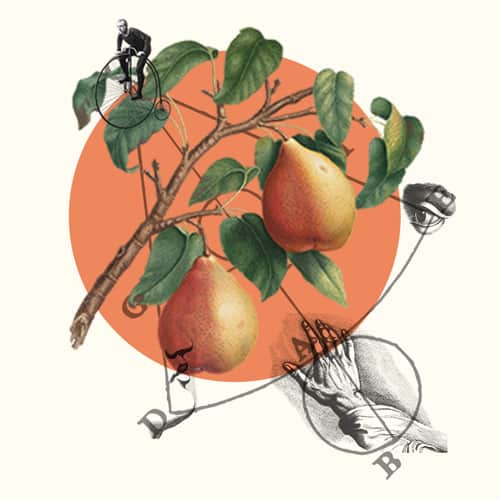

- Identify the Great Question(s) their course will help students explore deeply and explain why the selected texts will enhance their understanding of these questions.
- Explore why the chosen texts are “transformative,” contributing to a deeper human understanding of fundamental questions.
- Articulate how the course aligns with core departmental learning objectives at their institution.
- Create a syllabus for a discussion-based course, complete with engaging assignments and graded opportunities for project-based learning.
Our Vision
& Fellows Role
TGQF aims to elevate general education to liberal education at U.S. Community Colleges, and our Faculty Fellows are leading that work.

